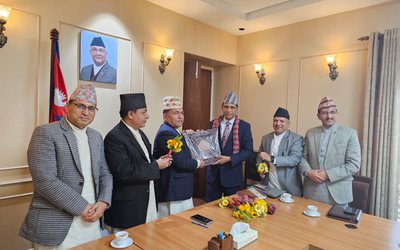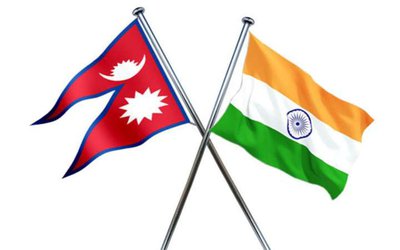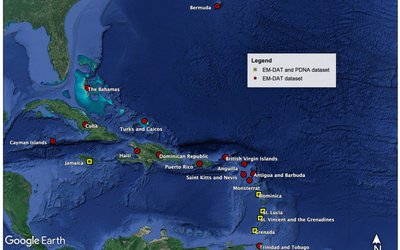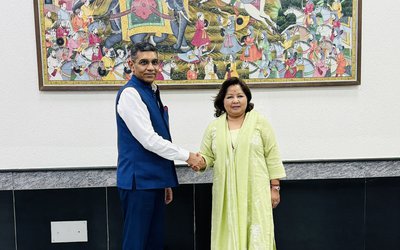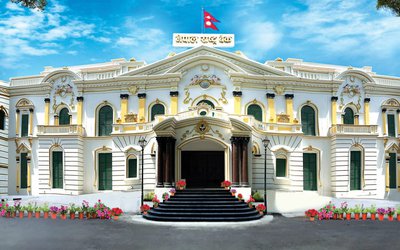
What is the state of your project?
Second Small Towns Water Supply and Sanitation Project is running under the grant assistance of Asian Development Bank. During the first stage, 29 projects were completed under the loan of ADB. After successfully completing those projects, Asian Development Bank provided 45 million US dollars as a grant for second phase. Under this phase, we are now running the projects in 21 small towns all over Nepal. Our aim is to provide safe drinking water and sanitation facilities. We have made over 75 percent of progress. We have selected the projects in two rounds. In first round, we selected 12 projects and the work is in progress in those projects. The five projects will be completed within two months and they will be handed over to the user groups. This project will complete by 2015.
How do you see this project is different than others?
This project has certain arrangements which are different than other drinking water and sanitation projects. Based on community participation, the project strictly follows social safeguard and environment protection during the project implementation. Under the social safeguard, we don’t want to do any harm to our consumers and residents on any land acquisition. We don’t have any problems related to land resettlement. We strictly follow the environmental guidelines during the construction of the project. We develop environmental plan during the construction phase. Our consultants monitor environmental aspects. From the designing phase, we do a lot of work. We also monitor the project. We have a handling mechanism to settle the local level disputes. There is a project coordination committee under the chairmanship of District Development Officer with contractors, division office, project office and local user groups. They settle all disputes. There is also special provision to address the issue of backward community, poor and marginalized groups. The project provides grant to address sanitation and drinking water to those communities. Nepal government is providing fifty percent of grant to build toilet and install water taps. In our project areas, no poor and vulnerable groups remain without water tap and sanitation.
According to our provision, there should be over 30 percent women’s participation in user groups. Their participation in the decision making is also mandatory. There is a provision which ensures the participation of women in all the decision making processes. There are separate toilets for men and women in the project area.
As you said the user groups will run the projects, how capable are user groups to operate the project properly? What about your experiences in first phase projects?
As community is involved in our project since the design, the management of the project is handled by our division office and there is project office in the site which is led by an engineer. This project office is co-chaired by chairman of user group. This way, community’s participation is ensured from the initial stage of the project and they are performing managerial role. The community has a feeling of ownership in the project. The project provides various kinds of training to enhance the capacity of the user group. We provide them technical training, managerial training and so on. Since this is technically superior project, there is a provision for two posts, a technician and a manager. From the initial phase of construction, we involve those persons. Government will bear half the salary and user group will bear half. They will be there for two years and they will teach other members of community.
How do you see the possibility of the community to bear such a huge loan? Will they pay back given your first phase of experience?
Mostly the user groups have been paying back the loan of Town Development Fund. This project is able to generate the message that urban community has responsibility to bear the cost for water and sanitation. In the areas where drinking water is supplied properly, the user groups are willingly paying the tariff. This also gives the message that the urban communities can afford to pay the cost of water. The user groups have been paying back the loan they acquired from the project.
- ADB’S CHIEF ECONOMIST: Nepal Reduces Poverty
- Mar 11, 2025
- FM DR. DEUBA: A Successful Visit
- Mar 11, 2025
- MD GHISING: Target Of Personal Grudge
- Mar 09, 2025
- UPPER TRISHULI-1 HYDROPOWER: Supporting Community Development
- Feb 24, 2025
- ADB POWERING NEPAL: Five Decades Of Support
- Feb 24, 2025






